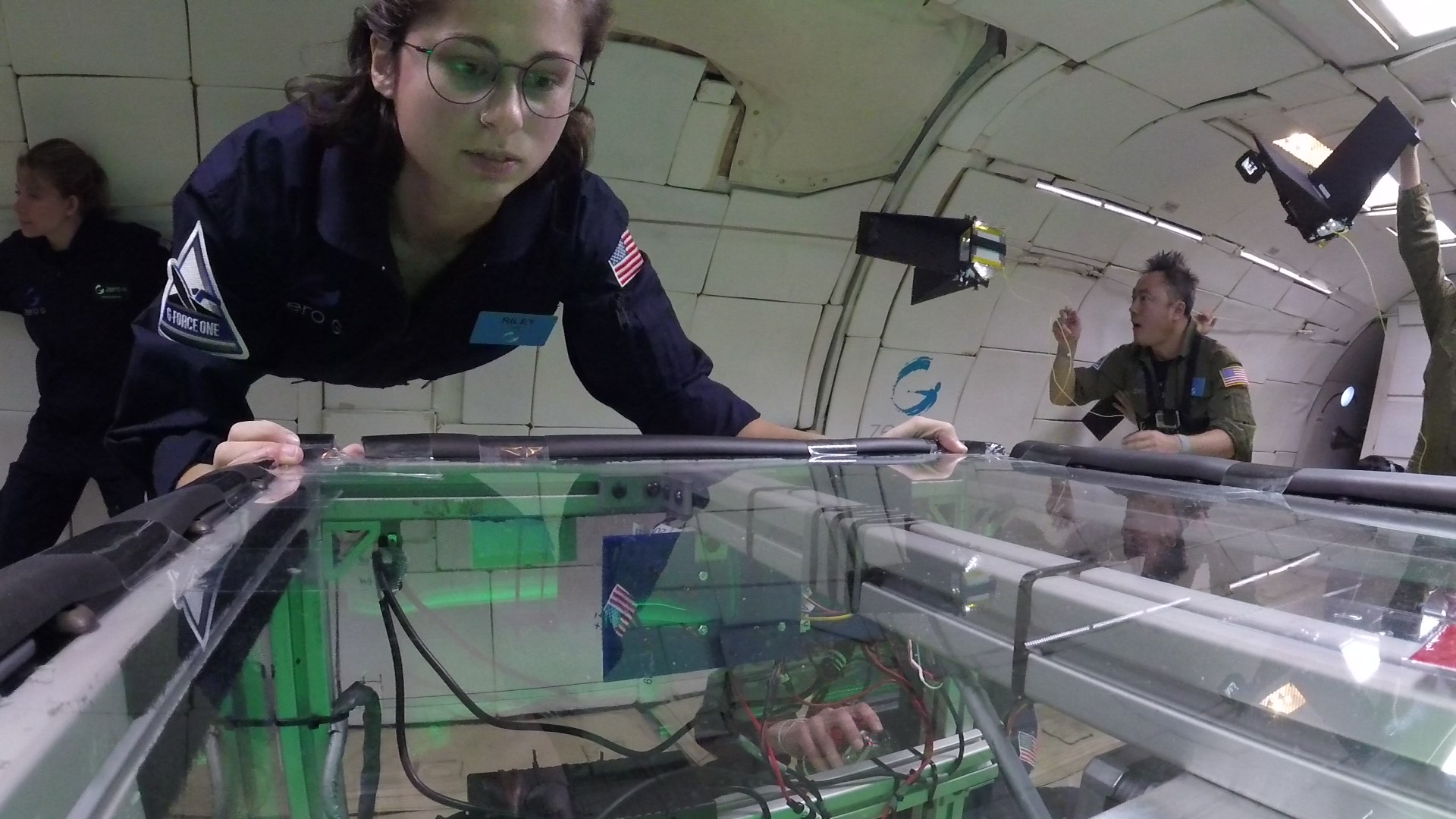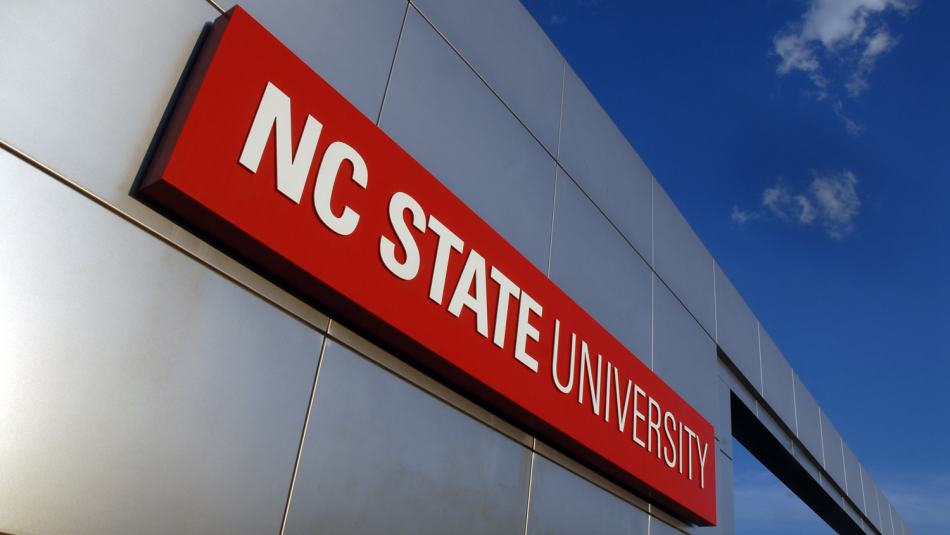Three Sciences Faculty Win NSF CAREER Awards

Three faculty from the College of Sciences have received Faculty Early Career Development Awards from the National Science Foundation (NSF). The award, also known as the NSF CAREER award, is one of the highest awards the foundation bestows upon young faculty in the sciences.
The award for Eric Chi, an assistant professor in the Department of Statistics, will support his research project entitled “Stable and Scalable Estimation of the Intrinsic Geometry of Multiway Data.” The project aims to develops a new framework for identifying complicated underlying patterns in multiway arrays, which will assist in more effectively analyzing high-resolution data collected in fields such as bioinformatics and neuroscience. Chi will focus on nonparametric estimation of low-dimensional structure and geometry in big and noisy data arrays.
Also winning the award was Alexander Kemper, an assistant professor in the Department of Physics. The award will support Kemper’s research project entitled “Excitons, electron-hole plasmas, and electron-hole liquids in the time domain.” Kemper’s research team will re-evaluate commonly held assumptions about nonequilibrium processes and phase transitions in quantum materials, as well as break the reliance on concepts based on equilibrium. The algorithms and software created throughout the project will be disseminated as open-source code.
The award for Divine Kumah, an associate professor in the Department of Physics, will support Kumah’s research project entitled “Confining Magnetism to Two-Dimensions in Transition Metal Oxide Atomic Layers.” The project aims to use state-of-the-art synchrotron X-ray facilities at national laboratories to carry out three-dimensional non-destructive atomic-scale mapping of the atomic, electronic and magnetic structures of magnetic perovskite oxide surfaces and interfaces. The work has implications for the design of novel materials and devices for information processing, quantum computing and low-powered sensors.
This post was originally published in College of Sciences News.
- Categories:


